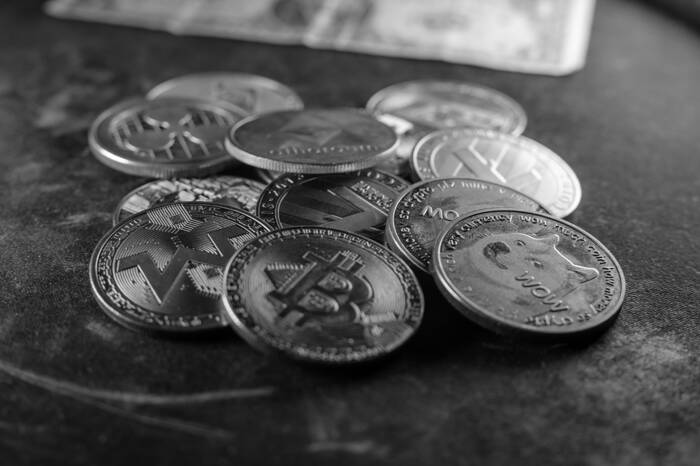BTC spot ETF market sees net outflows for second consecutive week
BTC Spot ETF market flow data reflects Fed influence and escalating tensions in the Middle East. Importantly, demand for the BTC Spot ETF weakened as investors waited for the Bitcoin halving.
For the week ending April 19, net outflows in the BTC spot ETF market were $204.3 million, up from $82.8 million in net outflows the previous week. According to Farside Investors,
- Grayscale Bitcoin Trust (GBTC) recorded net outflows totaling $458.4 million for the week ending April 19th. GBTC recorded net outflows totaling $766.6 million last week.
- Total net inflows into the Fidelity Wise Origin Bitcoin Fund (FBTC) were $93.6 million, up from $90.2 million for the week ending April 12.
- Total net inflows into iShares Bitcoin Trust (IBIT) were $165.4 million, down from $486.5 million for the week ending April 12.
BTC Spot ETF flow data on Friday (April 19) broke through a dark week for BTC and the broader crypto market.
Lummis-Gillibrand Payment Stablecoin Method
On Wednesday (April 17), Sens. Kirsten Gillibrand and Cynthia Lummis introduced the Payments Stablecoin Act to the Senate. If passed, this bill would create a regulatory framework that protects consumers and fosters innovation. The bill also targets illegal lending and money laundering.
Ripple CEO Brad Garlinghouse said of the stablecoin market:
“Demand for stablecoins has exceeded what people thought. Some predict that the stablecoin market will grow from about $150 billion today to about $2.8 trillion by 2028.”
Senators Cynthia Lummis and Kirsten Gillibrand introduced the Responsible Financial Innovation Act of 2022. Although the bill has similar goals as the Payments Stablecoins Act, the bill would also give the Commodity Futures Trading Commission a more prominent role in regulating digital assets.
SEC vs. Ripple: Objection brief filing deadline is April 22nd
XRP was at risk of falling for the fourth consecutive week. From Monday (April 15th) to Saturday (April 20th), XRP fell 0.14% to $0.5030. XRP outperformed the broader cryptocurrency market, which fell 2.71% to $2.26 trillion.
Investors continued to focus on the SEC v. Ripple lawsuit, which is in its final stages. The SEC and Ripple are arguing for and against punitive disgorgement for Ripple's violations of U.S. securities laws. In June 2023, Judge Annalisa Torres ruled that Ripple could not register XRP as a security for sale to institutional investors.
According to the revised court argument schedule, Ripple must file a brief of opposition by April 22nd. The opposition brief is in response to the SEC's relief-related opening brief.
The SEC alleged in March that Ripple continued to violate U.S. securities laws even after the 2020 charges. Importantly, the SEC argued that the court should prohibit Ripple from selling XRP to institutional investors and order Ripple to pay $2 billion in disgorgement.
Notably, the SEC did not distinguish between XRP sales to US and non-US institutional investors. It is unclear whether this was strategic or an oversight.
Mr. Morrison v. NAB: The U.S. Supreme Court ruled that the SEC only has jurisdiction over U.S.-based sales.


